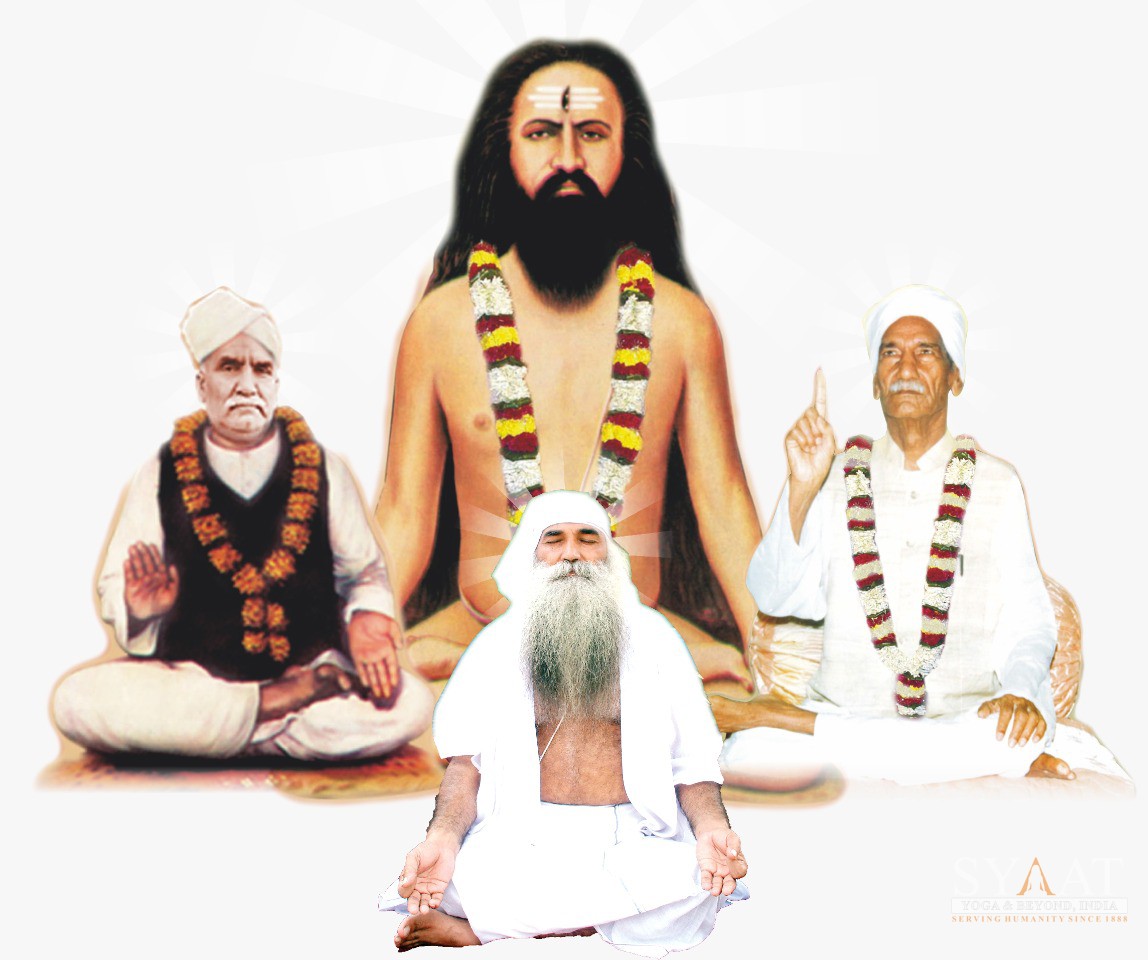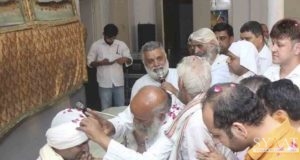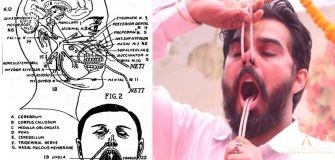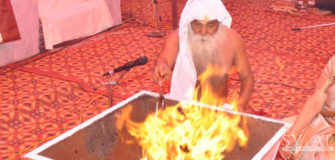Ways to make Life Sacred & Divine

That devotee is wise who keeps all his senses, as well his mind and intellect, engaged in occupations consecrated to God. Employ your ears in listening to the praises of God and Your eyes in seeing saints and holy men; sing praises of the Lord with your tongue, serve the Lord with your hands, frequent places of worship with your feet. think of God with your mind and reflect on the nature of God with your intellect. In this way you will be able to make your life sacred and divine.
It is company which makes a man good or bad. It is not the company of persons alone with counts; all sense-objects with which we come in contact exercise a wholesome or adverse effect on our mind. Have recourse to good company and avoid bad company. Never listen to evil talks with your ears, never see bad sights with your eyes, never utter bad words with your tongue, never perform evil deeds with your hands, never allow your feet to resort to bad places, never harbor bad thoughts in your mind and never allow your intellect to give you a wrong lead. In this way you will be rid of all vices.
Never read a book which may tend to increase your avidity for sense-enjoyments and lead you to sin, even though it may be classed as a Sastra (scripture). Read only such books as may help in withdrawing your mind from sense-enjoyments and warn you against sin; nay, always hear such words alone and live in an atmosphere surcharged with such ideas.
Musing on the objects of sense is the root of all evil and ultimately leads to complete ruin, whereas remembrance of God is the surest road to freedom from woe. Apply yourself with great diligence to the task of banishing all thoughts of enjoyment from your mind and keep it constantly fixed on God. In proportion as your musing on sense objects is minimized, and remembrance of God becomes more frequent, peace and happiness will draw nearer to you, Whereas musing on sense-objects drags even a virtuous man into mire of sin, remembrance of God turns even the vilest man into a saint and a devotee.
There are two regions one of pain and the other of bliss. So long as you are in the region of pain you can never be happy, however glibly you may talk of happiness; and once you step into the region of bliss you can never experience pain. Dependence on the world is the nucleus of pain, whereas dependence on God is the nucleus of happiness. However tall talks we may indulge in, we can never hope to be happy so long as we seek to derive happiness from the world. even as one who is enriched by flames cannot get cool air though mere talk of the same. Hence give up dependence on the world and seek dependence on God. Once you are established in that region of bliss you can never be touched by pain, even if you talk of the other region, the region of pain, just as one who is sitting on the snows of the Himalayas can never be affected by heat.
Taking every creature to be a temple of God, treat all with respect: at least insult no one. If you give up self-esteem and respect all, if your behaviour does not offend the self respect of others, you will endear yourself to all. In that case you will be liked by all and you will be able to bring round must of them to the path of virtue.
Never do unto others what you would not have others do unto you. If you seek honour, respect, benevolence, compassion, service, active sympathy, friendship, love and so on from others, you should give the same unto others first of all.
Put forward your views before others with love, but never insist that they should see eye to eye with you. Nay, you should never decry those who do not fall in with your views nor should you entertain a low opinion about them. You should submit your views before them rather than try to bring them round to your convictions. If you find that you are mistaken, do not hold fast to your views for fear to losing your prestige. There can be no harm in acknowledging your mistake; on the contrary, you will be immensely benefited by coming round to the right view of things.
Never invite the opinion of others with a view of having your point of view confirmed by them. Consult them only with the object of having your mistakes pointed out by them; and, if anyone points out your mistake, do not take offence, but think over the mistake pointed out by him and acknowledge your indebtedness ton him for his favour. If he points out a mistake which you do not find yourself guilty of, never question his motive. Examine your heart and conduct critically once more and you are sure to detect a mistake lurking somewhere. If you are unable to discover the mistake pointed out by him, and if you find that the man pointing out the mistake is himself mistaken, even then acynowledge our gratefulness to him for his having taken upon himself the unpleasant duty of pointing out your mistake and wasted his time over it.
If any one does not follow your advice, do not feel offended thereby, much less hate him. Nay, if he should have sustained any loss or damage by not acting according to your advice, and if you happen to meet him again, never tell him that he has reaped the consequences of not having followed your advice. Receive him with great cordiality and on some future occasion repeat your wholesome advice and try to make him follow the right course.
Should you detect any fault in anyone, do not take him on that score to be a bad man. It is just possible that you may have been misled in detecting his mistake, or that he may have been compelled by sheer force of circumstances to commit that fault in spite of himself. Everyone has got some good points as well as weak points. Observe his good points alone and love him.
Even if you detect a real fault in anyone, do not insult him, nor should you try to purge him of that fault by angry looks or harsh words. At times your insulting behaviour or bad temper may succeed in curbing the evil propensity of the wrong-doer, for the time being; but the same will not be eradicated. Your insulting behaviour or ill temper will continue to prick him and, if his mind takes a wrong turn, he will busy himself in devising means of retaliation instead of feeling remorse for his remissness. This will give rise to fresh faults in him and his vindictive behaviour will add fuel to the fire and make you ferocious. If you want to purge anyone of his faults, you should first of all win his heart by endearing yourself to him and rendering him good offices, and then expostulate with him. This process may prove a dilatory one and it may be long before you achieve success thereby; but success you must have and it will be a lasting one, besides. Remember; the state, society and individuals have by punishing offences multiplied the number of offenders. Thos who are offenders themselves and, being under the sway of likes and dislikes, cannot really determine and fault of anyone, have no right to judge the faults of others and punish them.
























